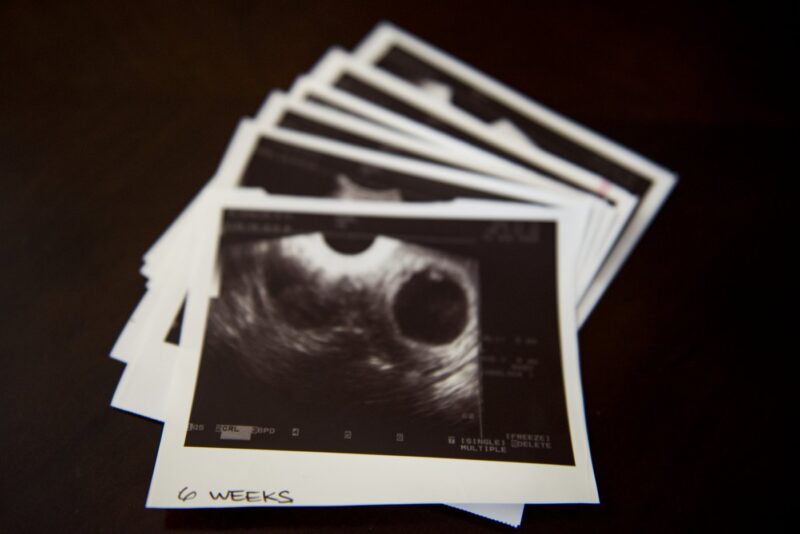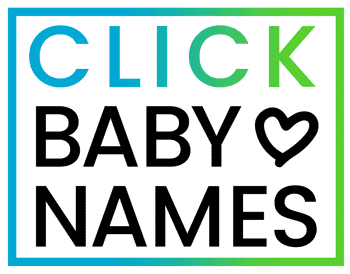For most women, pregnancy starts off as a stressful (and often hopeful) mind game: Are you or aren’t you?
Deep inside, your body knows for sure… but getting the fact that you are indeed pregnant confirmed for your conscious mind can be harder than you’d think!
The early signs of pregnancy
There are many different signs of pregnancy, ranging from those that make you wonder if you might just be pregnant to those that even your healthcare provider will consider proof positive.
To make things more complex, not everyone will notice the same signs… and even your own body may respond differently each time you’re pregnant.
Here’s a look at the most common signs and symptoms of pregnancy that you may experience — the possible, probable and the positive — and how likely each one is to be correct.
Presumptive signs of pregnancy
“Presumptive signs” are the symptoms and sensations that, while possibly indicating pregnancy, could also each be caused by any number of other reasons. These are also some of the earliest pregnancy symptoms.
- Late or missed menstrual period, or only some light spotting
- An elevated Basal Body Temperature (BBT)
- Nausea and/or vomiting (“morning sickness”)
- Unexplained fatigue
- Shortness of breath
- The frequent need to urinate
- Breast soreness/tenderness and changes
- Excessive salivation (ptyalism)
- Skin changes
- Headaches
- Backaches
- Cravings and/or food aversions
- Stronger than usual sense of smell/aversion to certain odors
- Mood swings
- Dizziness
- Constipation/bloating
- A light sensation — like butterfly wings — of movement in abdomen (quickening)

Probable signs of pregnancy
There are several “probable signs” of pregnancy. These are symptoms that, most of the time, do indicate pregnancy — but, in certain cases, might be false or caused by another condition.
- Positive pregnancy test (presence of hCG detected, by blood or urine test)
- Softening of cervix at 6-8 weeks (Goodell’s Sign)
- Bluish coloration of cervix, vagina and vulva at 6-8 weeks (Chadwick’s Sign)
- Enlarged abdomen
- Braxton-Hicks contractions
- Passive movement of the fetus during an exam (ballottement)
Positive signs of pregnancy
“Positive signs” are those which cannot be mistaken for any other condition — they are typically considered absolute evidence that yes — you are, in fact, pregnant. They mostly rely on the senses: sound, sight and touch, as interpreted by your caregiver.
- Fetal heart sounds heard by doptone or Doppler
- Fetal movements felt by your caregiver
- Fetus visible on ultrasound
- Fetus visible on x-ray, MRI or other diagnostic imaging device (Note: use of these devices is not recommended during pregnancy)
- Giving birth! (Yes, really, that can be considered a “sign.”)

The value of these signs
Even the presumptive signs are important to know because of the value of prenatal care. As soon as you suspect you might be pregnant, start taking extra good care of yourself: avoid alcohol and cigarettes, eat well, and start taking prenatal vitamins.
If you know you’re pregnant, or still aren’t sure, you should consider making an appointment with a qualified healthcare provider to find out what else you need to do to grow a happy and healthy baby.





